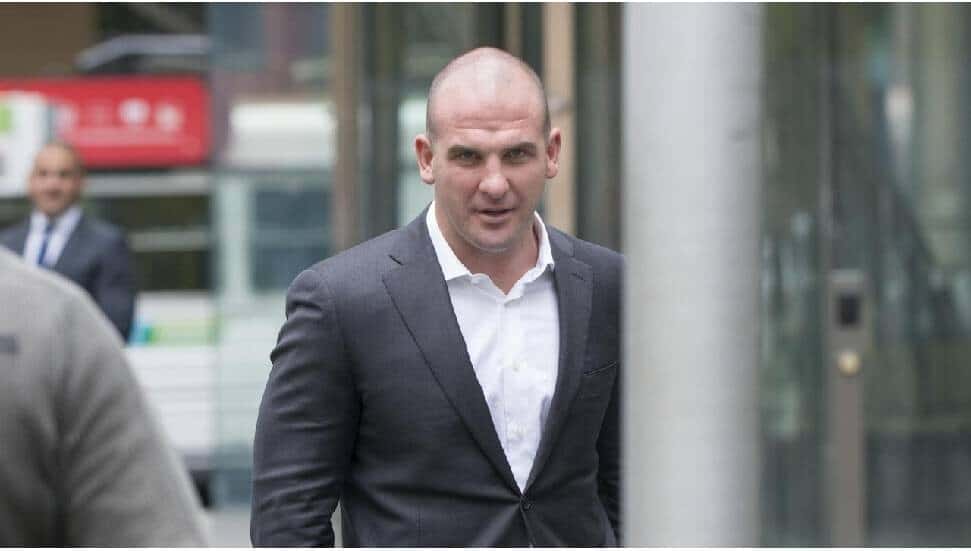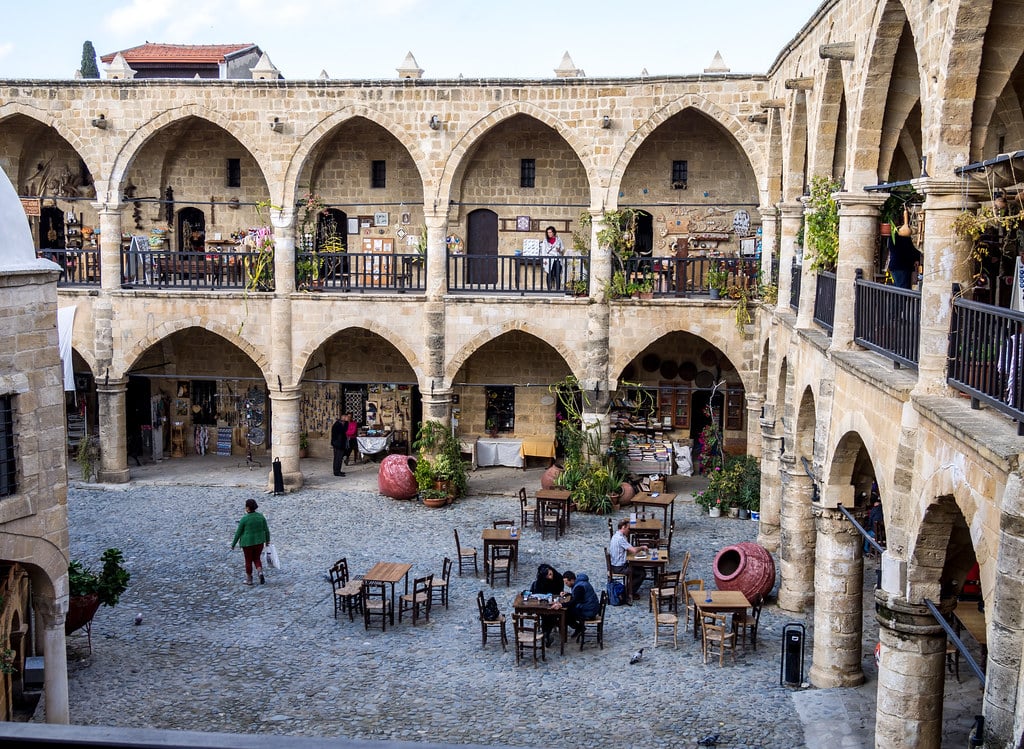![feature esra australian underworld boss mark douglas buddle]()
‘North Cyprus can easily be a safe shelter for those wanted by Interpol or involved in illegal dealings’
At least 11 fugitives wanted by Interpol have been pinned down in the northern part of Cyprus in the last 20 months, as this unrecognised piece of land increasingly becomes a safe haven for criminals looking to evade the law.
The fugitives, including Australian underworld boss Mark Douglas Buddle, Russian drug lord Viktor Panyushin, Chinese criminal Yanxi Xia also known as Arman Kaya, and Italian mafioso Sebastiano Claudio Saia had purchased real estate after obtaining residence permits from the Turkish Cypriot administration and were leading lavish lives here. Some had also established businesses.
All the arrested fugitives were extradited to Turkey. The northern part of Cyprus, not recognised by any state other than Turkey, has no extradition treaties in force and all the Interpol-related arrest and extraditions can only be made through Turkey.
Lack of recognition means there is no oversight of international institutions and that international law and legal order do not apply. This, coupled with lack of adequate controls on who enters the country, on what the status of their visas or permits are once there, as well as on their activities has increasingly turned the north into a place where fugitives can easily hide.
Not surprisingly, Moldovan authorities believe that fugitive oligarch Vladimir Plahotniuc, one of the most influential Moldovan politicians until 2019, is hiding in the north. Plahoutniuc, who is sanctioned by the USA and the EU, is wanted for embezzlement of state funds, fraud and bribery.
The lack of international recognition “creates serious legal gaps in terms of crime and criminals”, explains Dr Yonca Ozdemir of International Relations. “Moreover, existing laws are inadequate, there are huge shortcomings in their implementation, and there is lack of supervision… Therefore, north Cyprus can easily be a safe shelter for those wanted by Interpol or involved in illegal dealings.”
According to the 2023 Global Organised Crime Index, in the northern part of Cyprus “there are a number of people wanted by Interpol” and “these foreign criminal actors collaborate closely with domestic criminals.” The index also shows that organised crime; human, sex and drug trafficking; money laundering; and gambling networks are largely operating there with impunity.
The widespread bribery mechanism also supports the system, according to Ozdemir.
A study on corruption in the northern part of Cyprus based on Transparency International’s Corruption Perceptions Index (CPI) methodology published last year revealed that 40 per cent of the business executives interviewed resorted to bribery in the past year. Seventy-two per cent of the 350 interviewed said bribery and corruption was ‘very common’. Bribery was found to be most rampant among the ‘prime minister’ and ‘ministers.’
Security threat
The uncontrolled flow of individuals into the north has also proven to be a security threat. Shamil Kalaev, a member of the terrorist organisation Islamic State Isis was among the 11 people wanted by Interpol and apprehended in the north in the last 20 months.
Last year, three separate Iranian terror attacks against Israelis and Jews in the Republic of Cyprus were foiled. In all three cases, the arrested suspects had come into the Republic of Cyprus from the north. In December, Israeli Prime Minister’s Office made a statement with the Mossad intelligence agency and the National Security Council saying that Israel was “troubled” by Iranian use of the northern part of Cyprus “both for terrorism objectives and as an operational and transit area”.
Although there are no exact figures, authorities estimate that the number of Iranians living in the north have reached 15 thousand. Over 40 thousand Iranians entered the north through air and seaports in 2023 according to official statistics.
Chief Justice Narin Ferdi Şefik in her speech at the opening of the 2023-2024 judicial year underlined that there should be increased controls at entry into the country and called for “urgent measures”.
Other deportations
In addition to the fugitives wanted by Interpol, 21 other individuals including Iranian Arash Maheri were deported from the north in the last 20 months for reasons like ‘threatening public law and order’, ‘spreading enmity among people and against the state’ and ‘conspiracy’. Seventeen of them were Turkish nationals.
Separately, and during the same period, 29 Nigerians were deported from the northern part of Cyprus. Many of them were members of violent cults such as Bucaneers and Black Axe, which are considered among the most far-reaching and dangerous organised crime groups in the world. A BBC investigation on Black Axe in 2021 for example, unearthed evidence of infiltration of politics, sexual attacks and killings across the world. All 29 had entered the north with student visas to attend university.
The ease with which student visas are issued paired with inadequate legal framework and the general lack of controls have turned universities into a backdoor to enter the county. There currently are 23 universities here that host almost 110,000 students. Close to half of these students are from countries in Africa, the Arabian Peninsula, the Middle East and the Far East. According to estimates at least 30 per cent of the enrolled students are “passive”, meaning they have entered the country on a student visa, but are not attending any classes.
According to the US State Department’s Trafficking in Persons Report in 2023, once in the north, these people, who have come in with student visas, end up being forced into prostitution, drug trafficking or other illegal dealings.





























